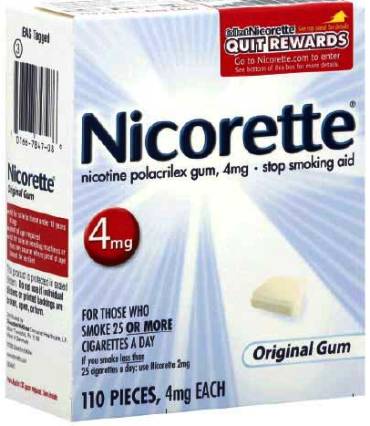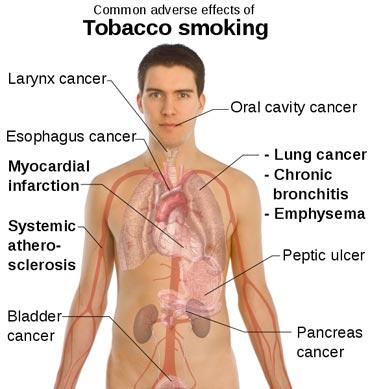Viveat Susan Pinto in Mumbai
Call it the domino effect.
Johnson & Johnson's aggressive marketing of Nicorette, the sugar-free nicotine gum, has made smokers who want to kick the butt sit up and take notice.
Even as smoking cessation or Nicotine Replacement Therapy products were available in the market earlier, J&J's campaign has generated much awareness about the category.
"The media blitzkrieg for Nicorette has drawn consumers' attention to the product, in the process, the category itself has become quite visible," the marketing head of a healthcare company says.
"Enquiries are far more now because when consumers walk into a pharmacy looking for Nicorette, usually the counter manager also shows them other products in the same segment, highlighting their benefits," he adds.
. . .
Want to kick the butt? Help is at hand!
The World Health Organisation estimates there are over 120 million smokers in India, making it the second-largest market for tobacco consumption in the world.
As the number of smokers in India rises steadily, the market for smoking cessation or NRT products is also growing.
While the market for nicotine de-addiction is small -- pegged at Rs 15 crore-Rs 20 crore (Rs 150 million-200 million) -- players say it holds promise.
Alok Saxena, director of Elder Pharmaceuticals that sells a smoking cessation product called Elder NRT, says, "We estimate the market size in India to be about Rs 720 crore."
Besides Elder there are multinational players like J&J and Pfizer, and other domestic majors like Cipla and Birla Research & Lifesciences.
The latter has a division called Birlaveda, which recently launched a herbal chewable called Quitobac.
. . .
Want to kick the butt? Help is at hand!
Though tablets, pastilles (jelly-based pills) and patches are available in the market, chewing gums remain the most popular option.
And players like J&J, Cipla and Birlaveda are pushing them hard to consumers who want to quit the habit.
Their products are also available over-the-counter.
This makes them far more visible as opposed to Pfizer and Elder, whose products are prescription-based (Cipla also has a prescription-based product).
Saxena says out of the Rs 720 crore (Rs 7.2 billion) estimated market, prescription-based products alone make up Rs 200 crore (Rs 2 billion).
. . .
Want to kick the butt? Help is at hand!
"The balance is made up of non-prescription and over-the-counter products, some of which are also sold through unorganised sales channels like paan shops.
"This can affect the quality of products, which is not so when your model is prescription-based," he says.
Gautam Suri, marketing manager, OTC, consumer products division, J&J, says, "The question is about awareness. We, for instance, are focusing on creating awareness about the need for a smoking cessation aid.
"That is how you will create an impact in the end."
Executives at Cipla and Pfizer also admit that a combination of quality, safety and awareness is what will drive the category in India -- attributes that have driven the international market for these products.
Worldwide, the global smoking cessation market touched a staggering $2.6 billion ( Rs 12,000 crore) in 2010.
. . .
Want to kick the butt? Help is at hand!
Image: A man smoking a bidi.Photographs: Fayaz Kabli/Reuters
This is a growth of 62.5 per cent over the previous year, when the smoking cessation market stood at $1.6 billion (or Rs 7,360 crore), industry sources say.
"Nobody denies the need for awareness for smoking cessation," says Harish Bijoor, chief executive officer of Bengaluru-based Harish Bijoor Consults. "Quite often people make resolutions to quit the habit, but are at a loss on how to do it," he says.
Suri agrees, "The large market that India is for tobacco consumption presents us with an opportunity to make an impact. Even if the craving for nicotine is high, there are people who want to quit the habit. That's where we step in."
Suri says the marketing campaign for Nicorette will be on for a while. Till then, the entire category can benefit.







article